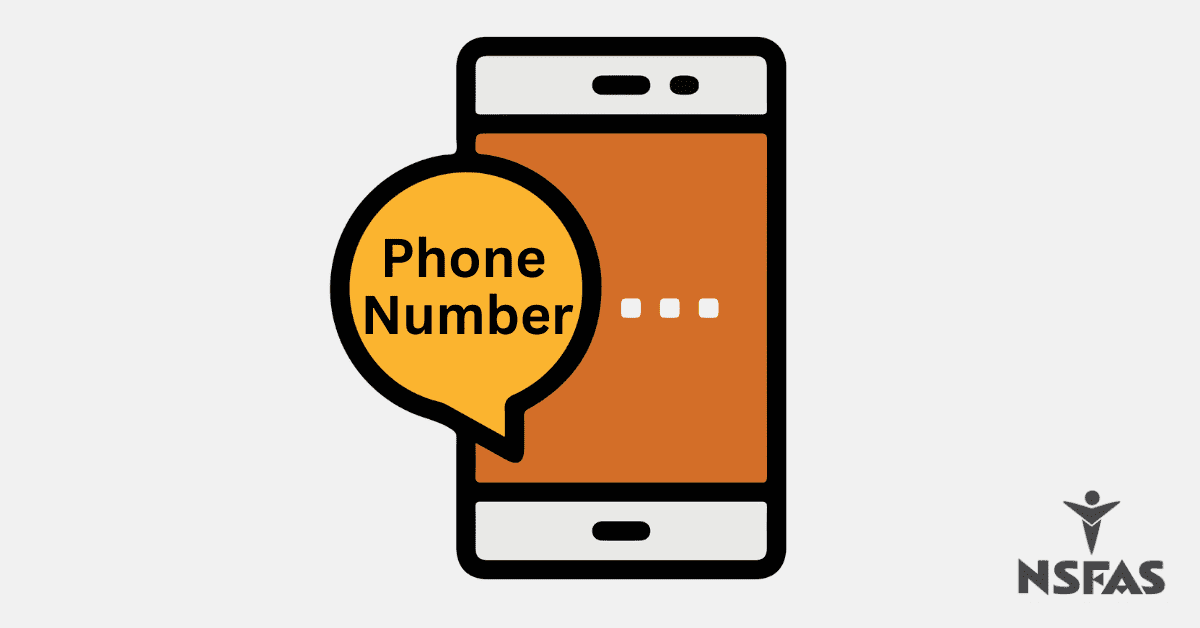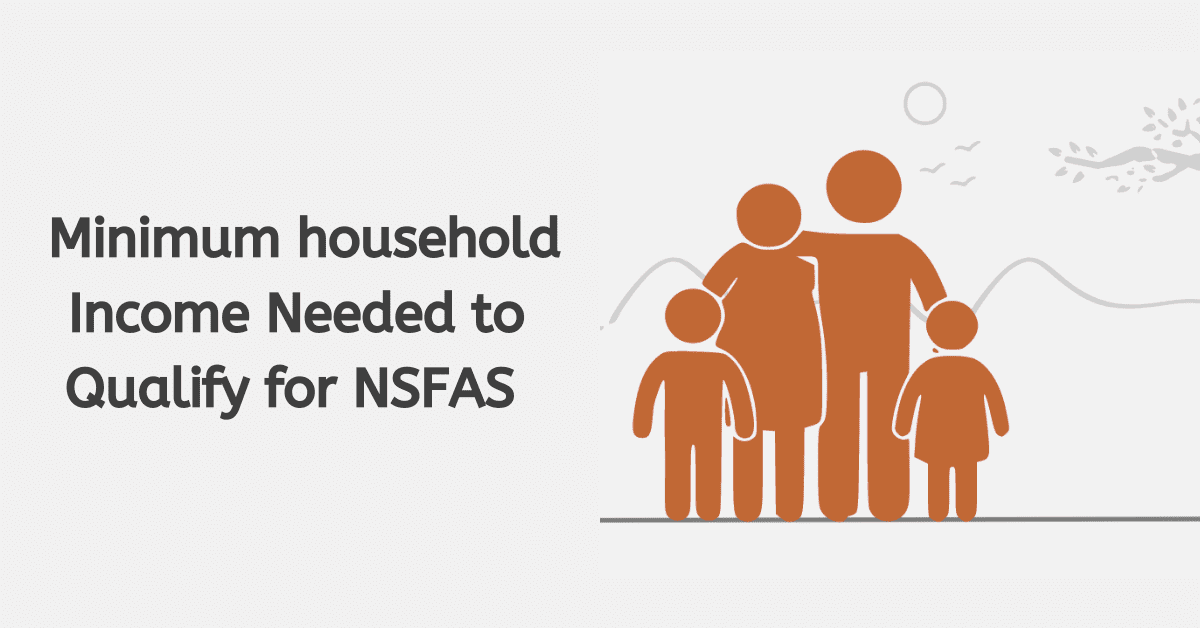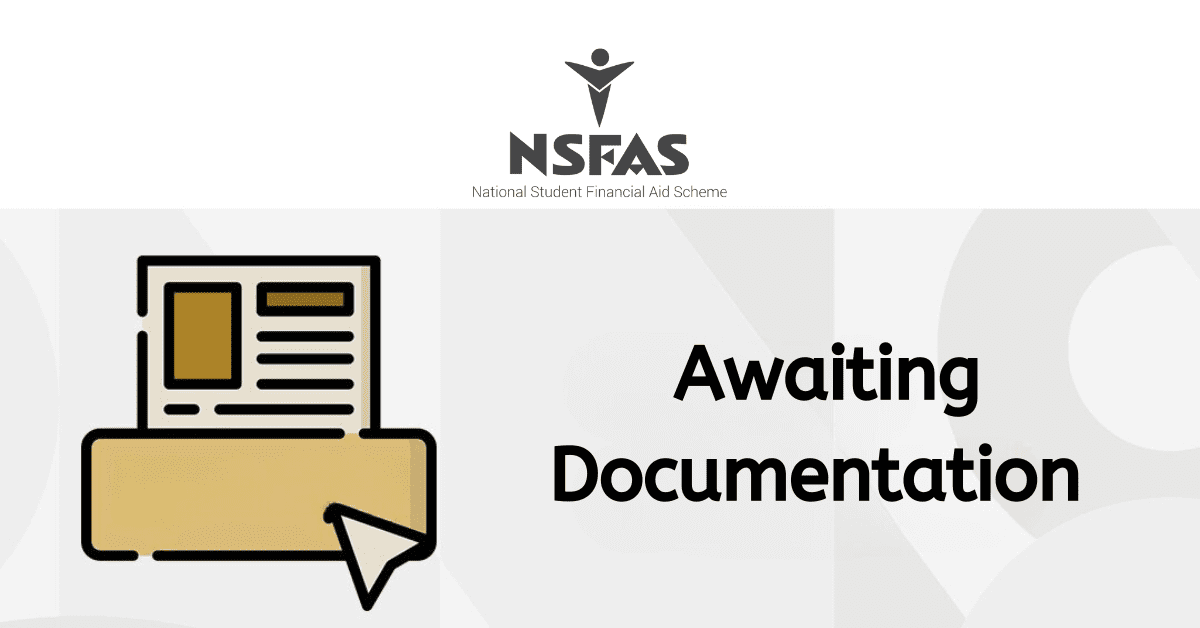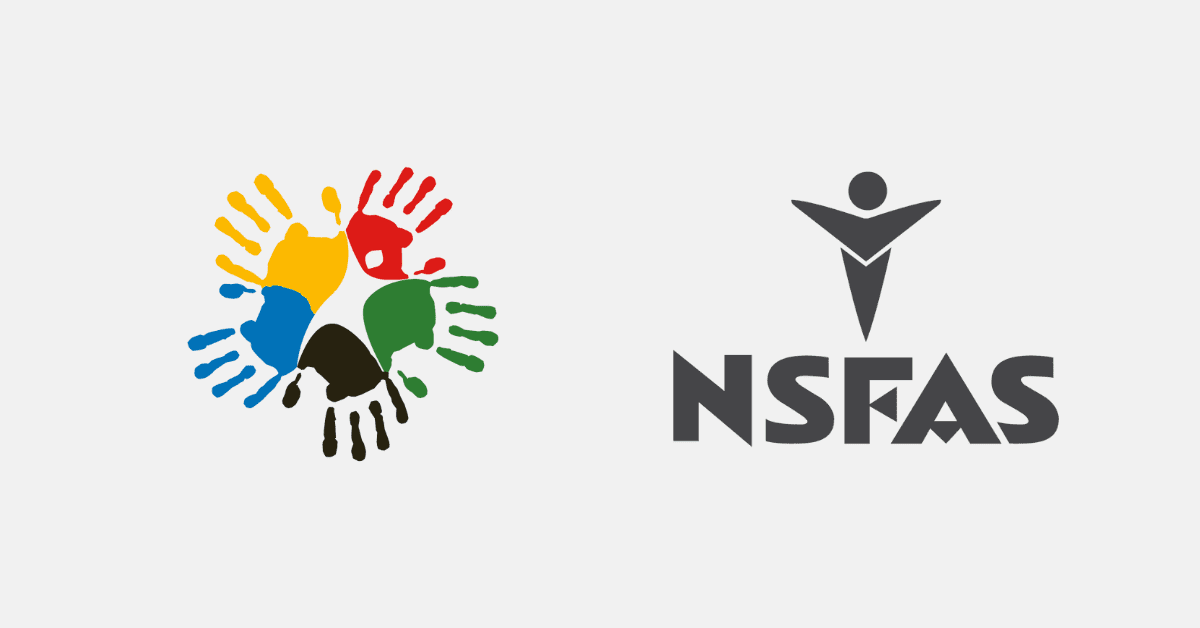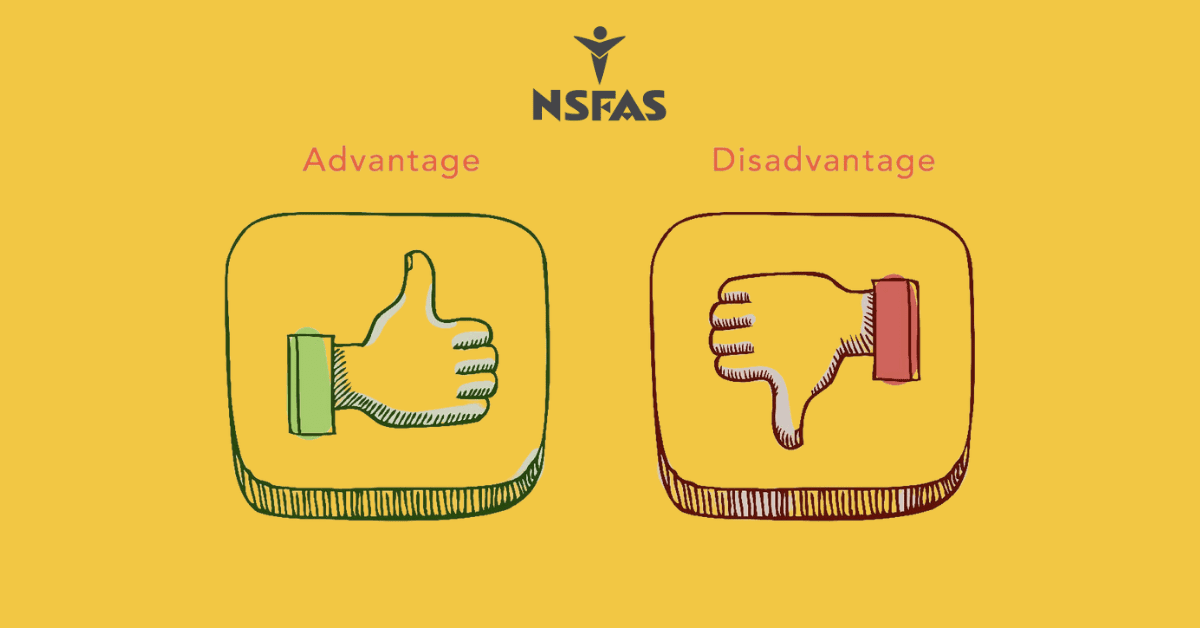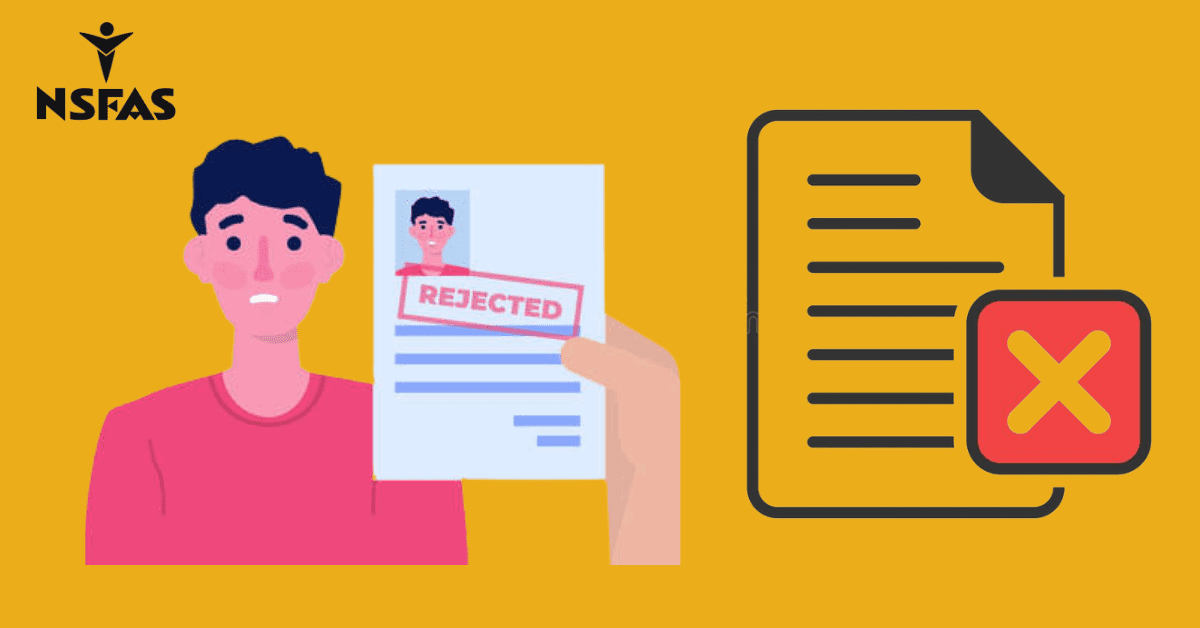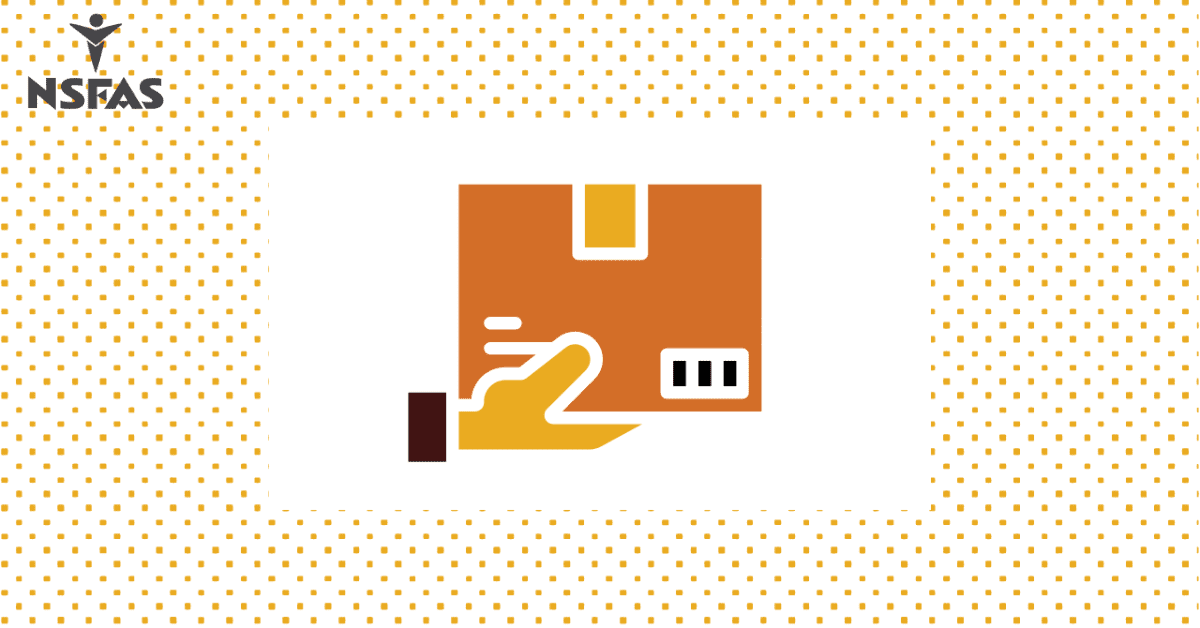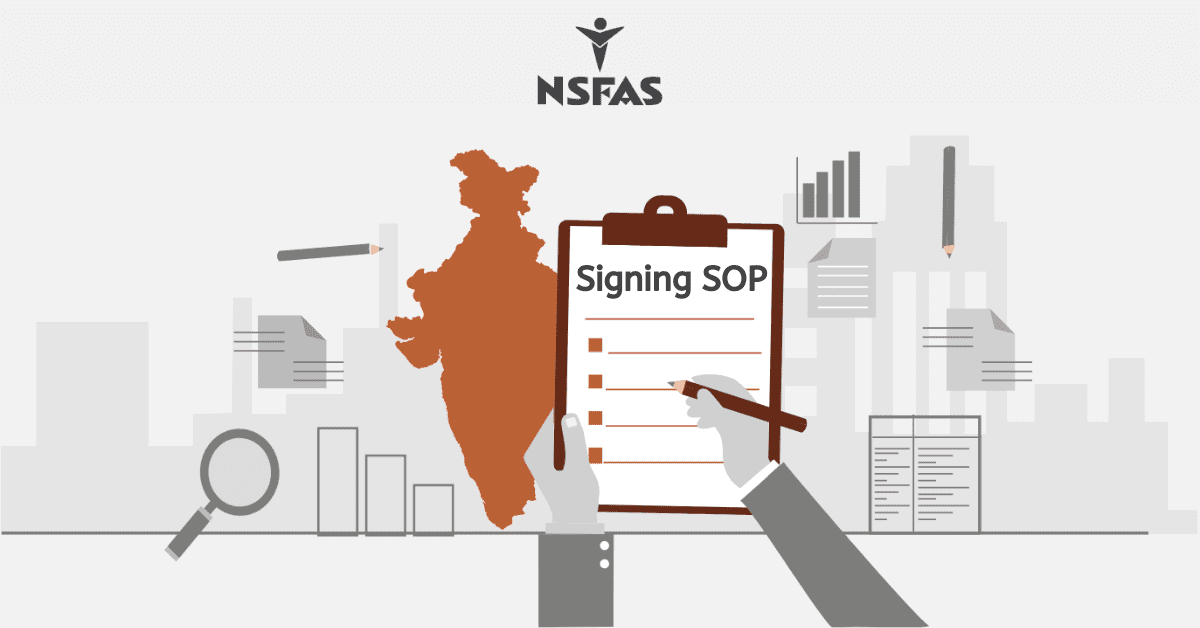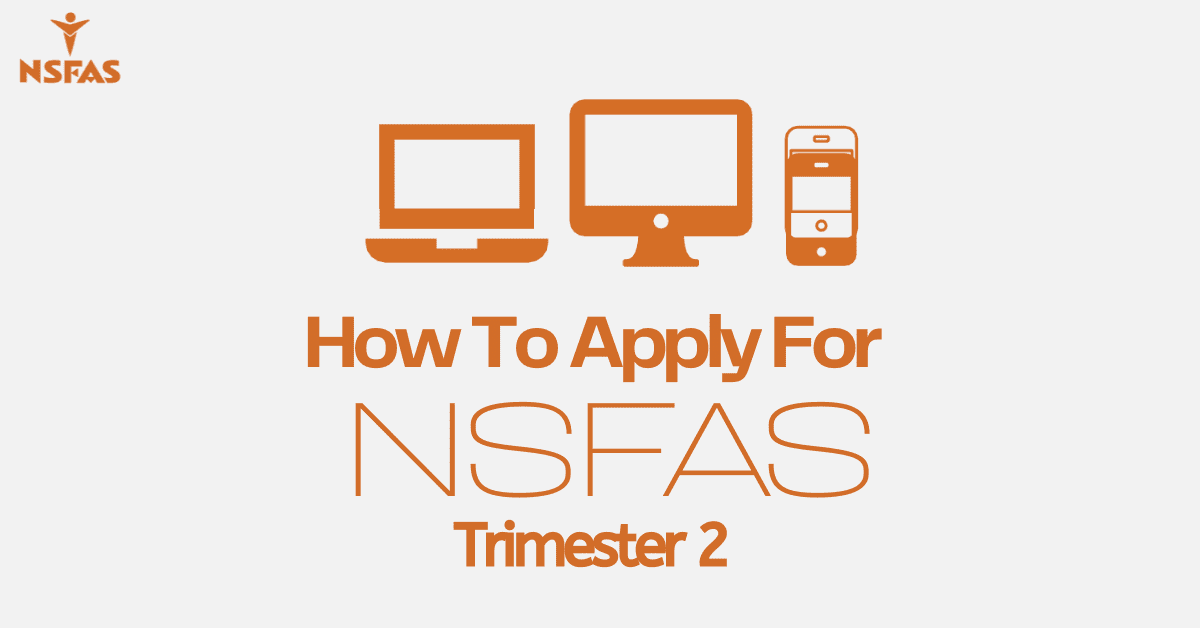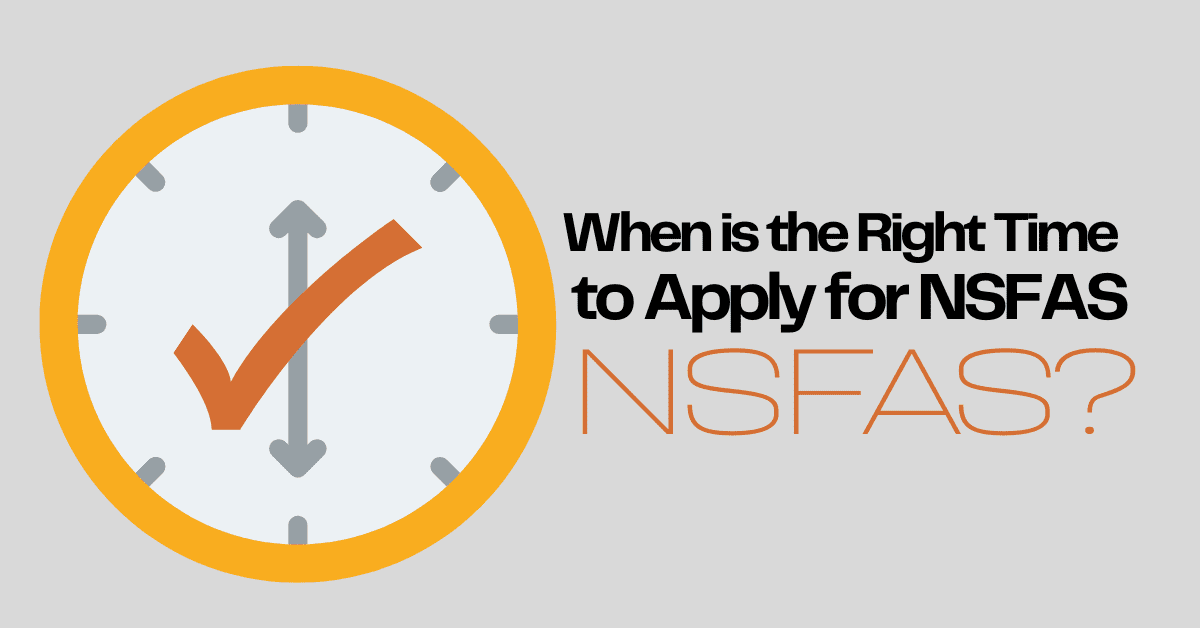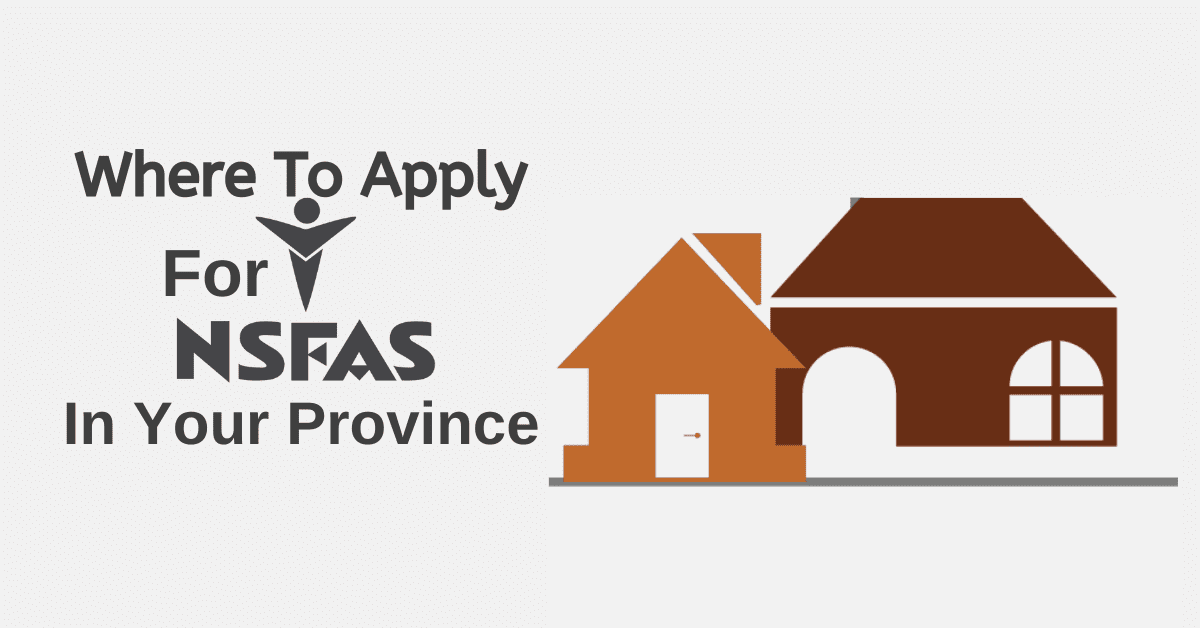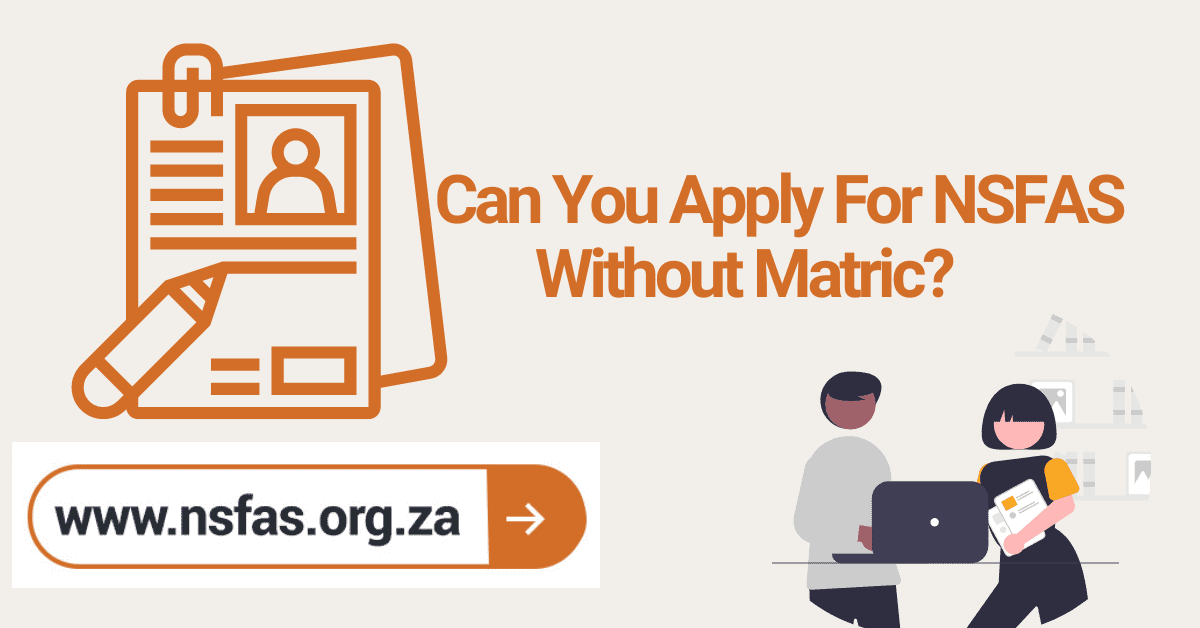Over 14 000 students apply for medicine in South Africa per year. Thus making the process of getting into medicine harder than ever before. However, despite the high number of medicine applicants yearly, South Africa has a shortage of professional doctors. Only 1,300 medical students graduate every year
Bursaries for medicine
South African students who have the desire to study medicine have the opportunity to apply for different bursaries to bridge the financial gap.
The Gauteng Department of Health Bursary, KZN Department of Health Bursary, Mediclinic Bursary, Queen Elizabeth Commonwealth Scholarships, and the National Student Financial Aid Scheme (NSFAS) are among the various bursaries available for South African students to apply.
The Gauteng Department of Health Bursary and the KZN Department of Health Bursary fund students who wish to further their studies in Audiology. The Mediclinic bursary and the Queen Elizabeth Commonwealth Scholarship fund students interested in dietitian/nutrition studies, and hygiene studies, to name a few.
South African universities that offer medical courses/programs
Students who desire to pursue medicine can apply at any medical school in South Africa, such as University of Witwatersrand, University of Stellenbosch, University of Cape Town, University of Pretoria, and the University of Free State, to name a few. The universities offer different medical programs for students to choose from, including health science. NSFAS funds medicine, amongst other courses such as Communication Studies, Cultural Studies, and Hospitality.
The NSFAS N+1 rule and medicine course
Even though medicine requires more years than most courses, NSFAS does indeed fund medicine. As with the other courses, the N+1 rule applies. If a medicine student fails to meet the minimum academic requirements and ends up failing the academic year, NSFAS will only cover the extra year on top of the duration of studies.
South African medical school requirements
Prospective students who wish to get into medical school need to meet the basic admission requirements, such as writing the National Benchmark Test and achieving an average of at least 70% for their National Senior Certificate (NSC). Additionally, a student must have passed Mathematics, Physical Science, and Life Science at level 4 and at least 60% for their Home Language.
Academic performance is not the only thing medical schools take into consideration when selecting students for medical courses. They consider leadership, sports, or healthcare-related achievements. The ‘Quota System’ has made it a bit hard for students to get accepted into medical school because race is taken into consideration during the selection process.
Ratios are different for every university, but Black people and Colored people have a higher chance of getting accepted into medical school than White or Indian people because of past imbalances. South African doctors and medical graduates need to represent South Africa’s demography.
Which courses does NSFAS not fund?
Applicants must understand that NSFAS does not fund short courses, postgraduate courses, a second undergraduate degree, or courses studied at private institutions. The same costs covered by NSFAS for other courses apply to medical students as well.

